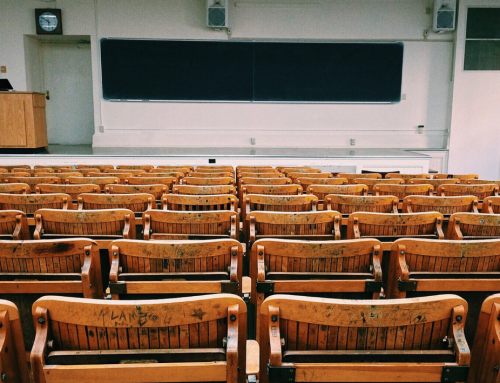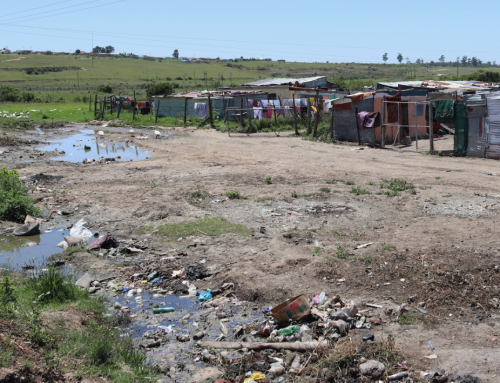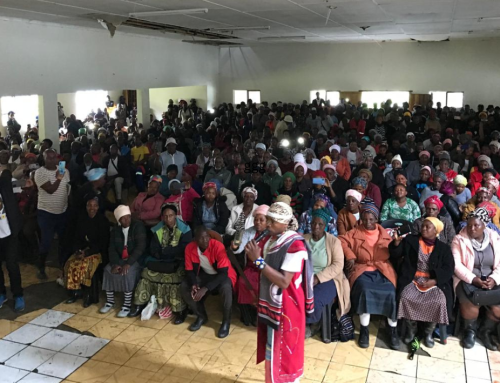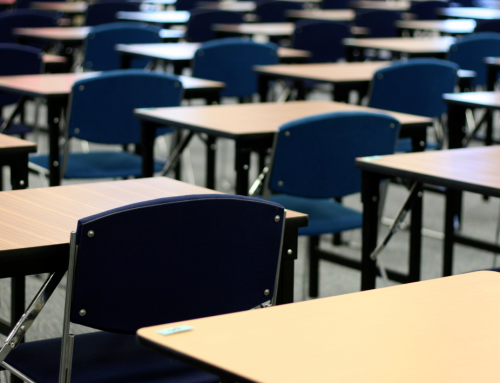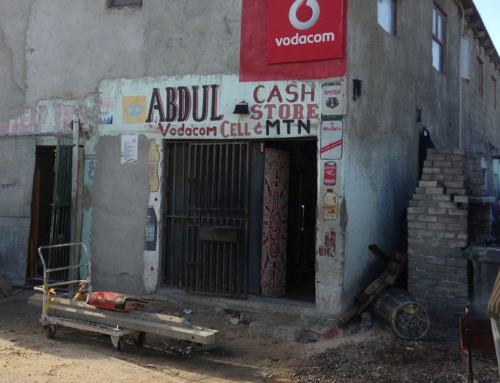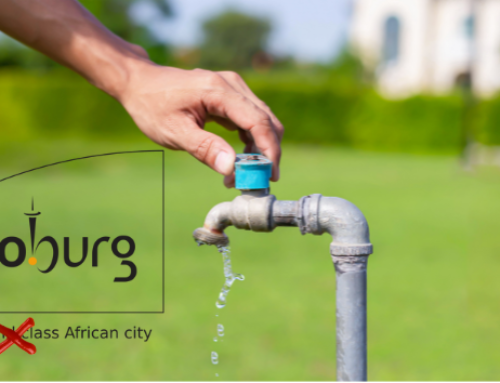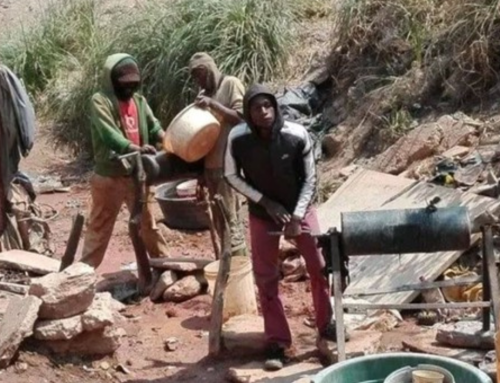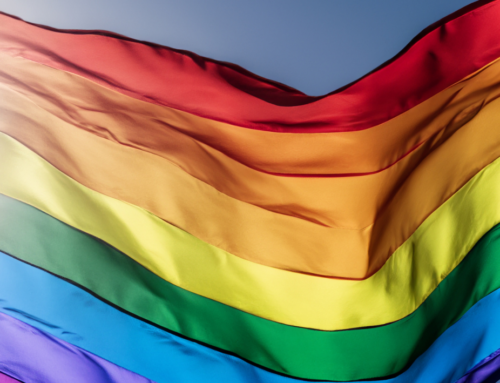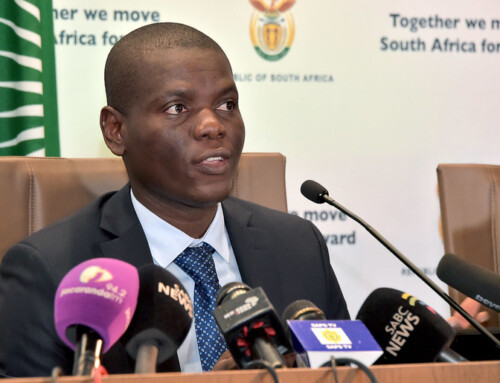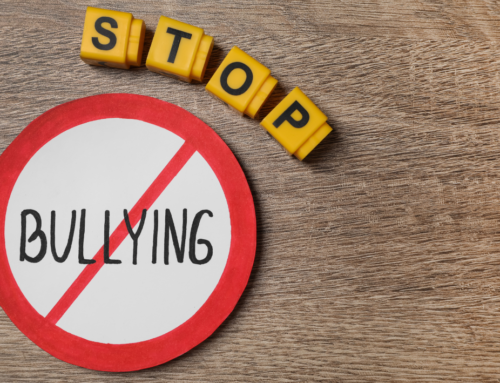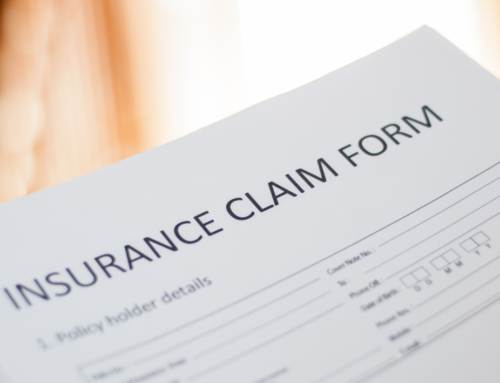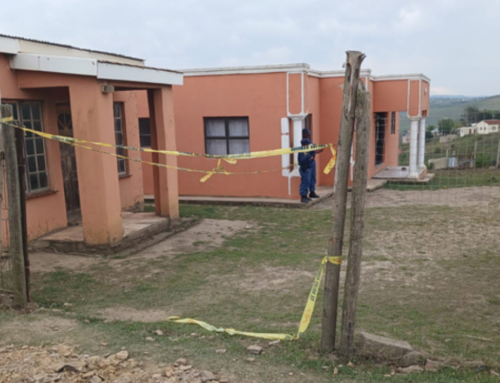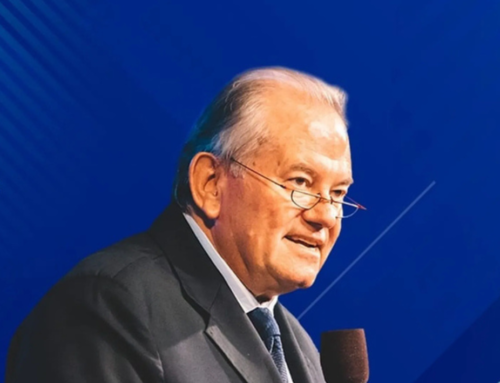 Statement by Bantu Holomisa, President of the United Democratic Movement
Statement by Bantu Holomisa, President of the United Democratic Movement
The United Democratic Movement (UDM) has noted that the Thabo Mbeki Foundation, along with eight other entities, are hosting a press conference today, 27 June, where they will “… announce an unprecedented National Dialogue aimed at uniting our nation to forge a collective vision and enduring program for South Africa’s future over the next 30 years and beyond.”
The UDM is satisfied with the intention to host a National Dialogue, an action the UDM has been advocating for years, akin to an Economic Convention for a Democratic South Africa (CODESA), and we are pleased that former President Thabo Mbeki and President Cyril Ramaphosa have adopted the idea.
The UDM envisions the National Dialogue not as a two-day affair but as a continuation of matters left unattended to at the CODESA. It should therefore span at least a twelve-month period of intensive discussion between political parties, civil society, traditional leaders, business, labour, faith-based leaders, and other stakeholders.
All stakeholders should agree on a team of facilitators for the National Dialogue, with the government footing the bill. Where there is a need to be change or enact legislation, such decisions should go to Parliament for actioning. Timeframes for implementation should be associated with the decisions taken at the National Dialogue to ensure it is not a mere talk-shop.
At the top of the agenda should be the country’s economy with land and property at the apex of that debate, as well as the role of the state in the economy. National security, and national interest in foreign policy are other burning issues that need our attention, amongst the other matters high on the agenda. The country has just spent over R1bn on the Zondo Commission and the country should also spend some time talking about how we capture the lost ground where corruption is concerned.
The UDM is also of the view that there should be a Committee of Stakeholders that should agree on a Secretariat that would organise the National Dialogue together with an independent facilitator, ensuring that no single party takes sole responsibility for compiling the agenda and preparing for the sessions. This collective approach will help maintain fairness and inclusivity in the process and that the agreed agenda should be gazetted for public consumption and input.



